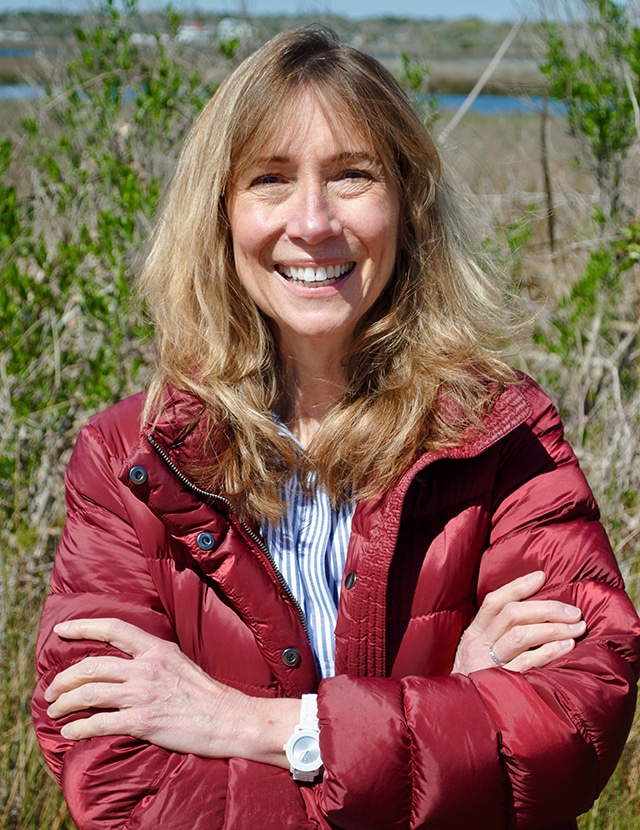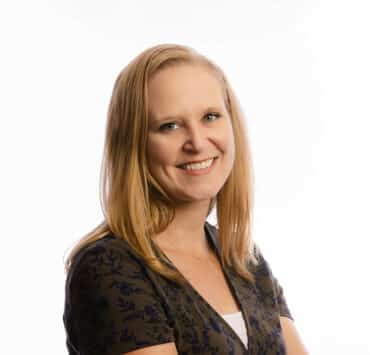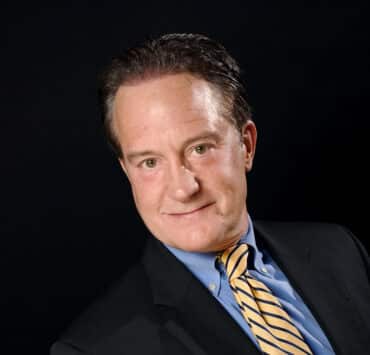It’s no secret that healthcare in rural America is under duress. Not only are some diseases more prevalent in agricultural regions—the National Institutes of Health and the US Department of Health and Human Services reported in 2022 that rural Americans are more likely to die prematurely from heart disease, cancer, lung disease, and stroke—but lower insurance reimbursement rates and lower patient populations mean that rural hospitals are financially stressed as well.
As an attorney, Diane Jacoby is well-versed in the difference between urban and rural healthcare. Almost every job she’s had, in private practice and as in-house counsel, was in healthcare law. But after nearly twenty-four years of working in the Ingalls Health System, now a part of U Chicago Medicine—where she attained the position of vice president and general counsel—she headed south through the Illinois cornfields to eventually take on the position of vice president and chief legal officer at Blessing Health, based in Quincy, Illinois.
“The survival of Blessing is vital to this region’s access to healthcare with the breadth and quality of healthcare needed.”
Diane Jacoby
Jacoby went into the job with eyes wide open. Perhaps because she’s a lawyer who always had a true, longstanding commitment to healthcare.
Jacoby was a hospital candy striper in junior high school and briefly studied nursing before setting her sights on a law career. The clinical details of nursing didn’t quite fit her, but early on she identified a path that was right for her. “I saw they had lawyers in hospitals,” she recalls.
Indeed, they do. In terms of patient care, it can involve providing legal guidance relative to informed consent, medical records, and patient privacy. Compliance with federal, state, and local laws and regulations also have to be maintained.
Proactive recognition of risks, both legal and financial, can go a long way to mitigate malpractice claims, employment disputes, and contract negotiations. And while litigation is generally handled by outside counsel, the in-house attorney is always deeply involved in such matters.

Jacoby created Blessing Health’s first internal legal department. “Blessing used local counsel for most of its history,” she says. “But outside attorneys have multiple clients and competing demands. The in-house attorney can be available relatively quickly for anything that comes up. The best outside counsel is the one who will understand both the business needs and financial constraints of the hospital and who will be a partner with me and my team.”
The part about being “available relatively quickly” is itself a heavy lift. Blessing Health primarily operates in mid-central Illinois, but also reaches into neighboring Missouri and Iowa, with small-scale community hospitals, clinics, outpatient facilities, and in-home care and hospice services.
Blessing serves 437,000 people spread across 25 counties. It holds a number of accreditations and certifications for quality care, including national Magnet status for nursing excellence, chest pain, stroke center recognition, and trauma center designation.
The US Centers for Medicare & Medicaid Services (CMS) designated Blessing Health as a “sole community hospital.” Jacoby notes that “the survival of Blessing is vital to this region’s access to healthcare with the breadth and quality of healthcare needed.”
Considering the several acute problems facing all rural community hospitals, the need for Blessing Health has only increased in recent years. “Community hospitals are overwhelmed with people in mental health crisis, including overdoses and severe, long-term untreated mental illnesses. In rural America, the fentanyl crisis is devastating and a significant stressor on rural hospitals. And when those hospitals close, people in crisis have nowhere to go.”
“In rural America, the fentanyl crisis is devastating and a significant stressor on rural hospitals. And when those hospitals close, people in crisis have nowhere to go.”
Diane Jacoby
In fact, Blessing had to close one of its own facilities in 2022 in Keokuk, Iowa. Jacoby says it was stressed with challenges, including old buildings and falling admissions, which, when coupled with declining payor reimbursement rates, contributed to decreasing finances. The closing came with its own set of legal requirements, including a WARN Act notice to affected workers and government health units.
But despite such grim headwinds, Jacoby remains a version of the candy striper that drew her to healthcare law in the first place.
She continues to assist in keeping the “sole community hospital” designation with CMS, and she works with an in-house team to ensure continued participation in the federal 340B drug pricing program, which helps the hospital offset out-of-pocket costs that otherwise make medications expensive.
“Legal can contribute tremendously to all of these efforts by eliminating costly, time-consuming barriers,” she says. And with Jacoby on the team, Blessing Health is at the forefront of overcoming these barriers and improving the rural healthcare system.


